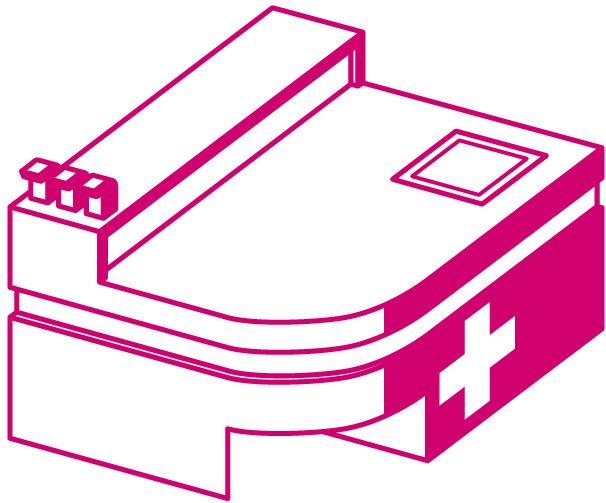Hospital
Case study: data-enabled trials in critical care
With advances in both trial methodology and big data analytics, the debate is shifting around the role of evidentiary practices in diagnosis and treatment decision-making in critical care. As routine data linkage and the use of informatics become an increasing feature of the healthcare landscape, the ability to personalise treatments and to constantly update the standard of care based on emerging research findings promises the realisation of a ‘self-learning healthcare system’. What this looks like in practice remains an unknown.
Our research explores how the potential saturation of care by prediction and experimentation presents new ways of knowing and doing in the ICU. We inquire into how heterogeneity is rendered problematic by critical care practitioners and how clinical researchers seek to overcome this using big data and medical informatics, asking:
- How are digitalisation, predictive modelling and adaptive platform trials changing the craft work of critical care?
- How is the boundary between research and care enacted in big data-enabled ‘perpetual’ trials?
- How are patients, their families and healthcare practitioners re-learning care in the so-called learning health system?
